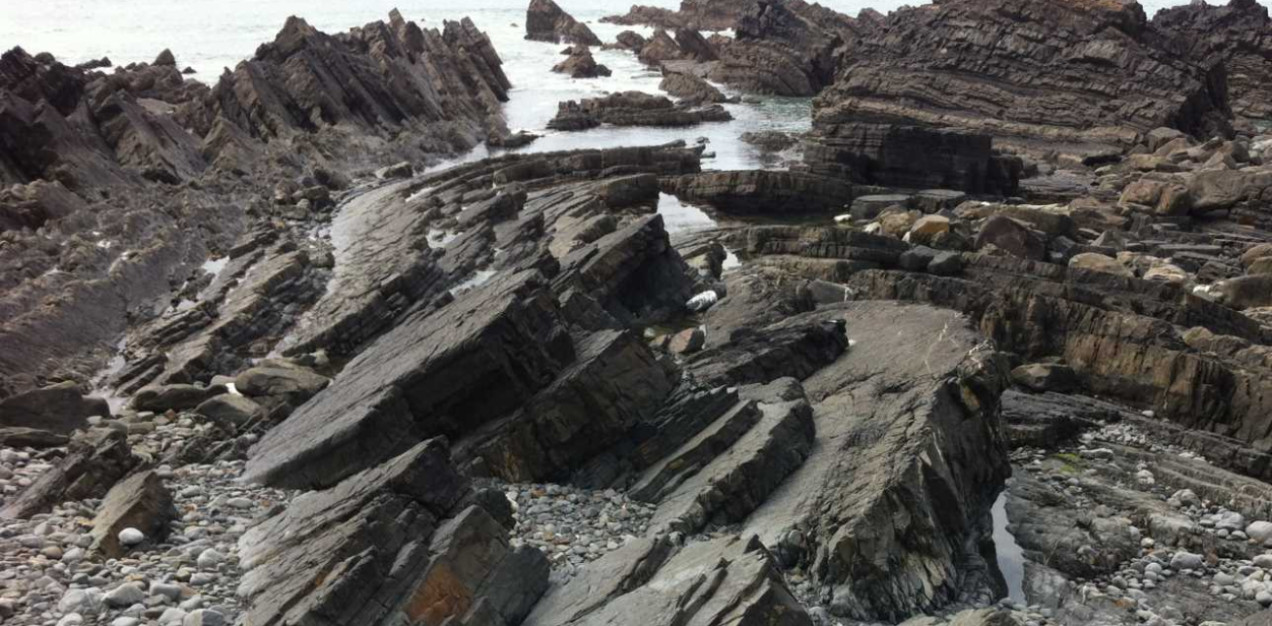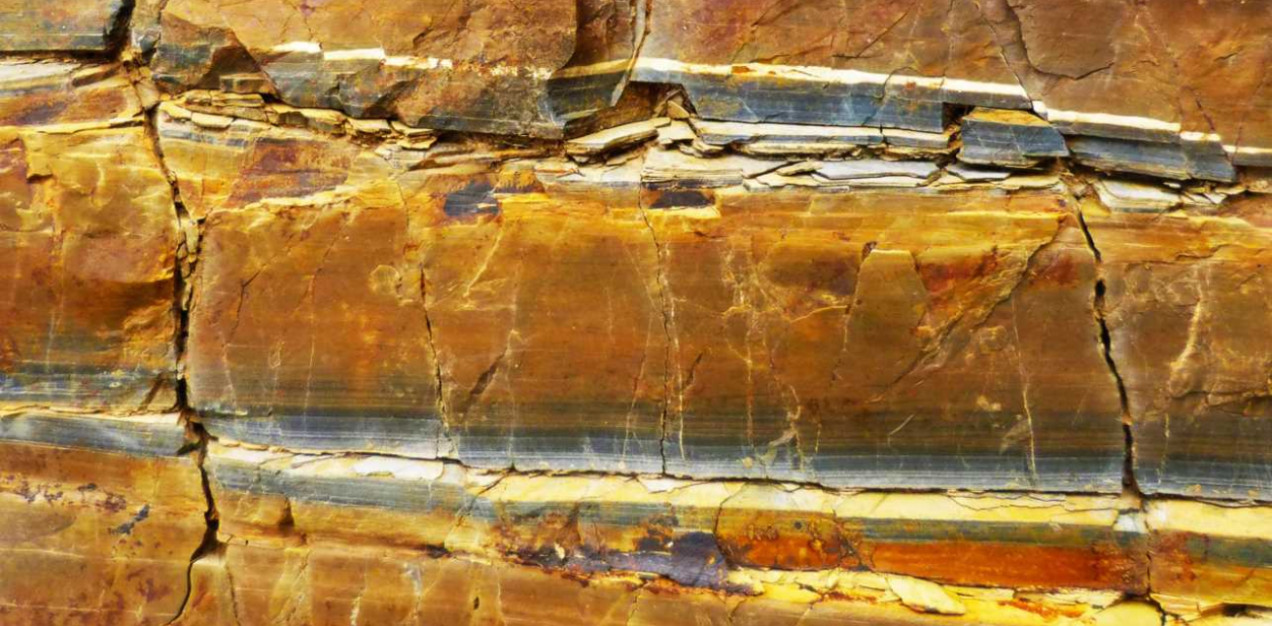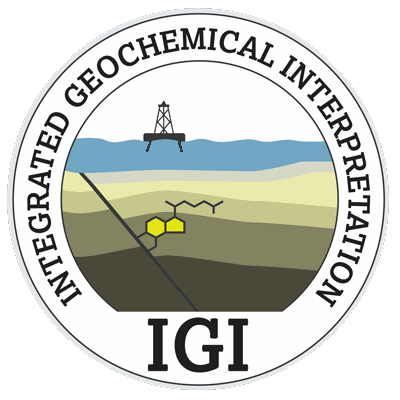1-day course in Gas Geochemistry
Day 1
25. Introduction to hydrocarbon gas geochemistry
26. Gas geochemistry: Generation and alteration effects
27. Gas geochemistry: Tracing the origin of wet gases (including workshop)
28. Gas geochemistry: Tracing the origin of dry gas (including workshop)
|
5-day course in Advanced Petroleum Geochemistry
Day 1
10. Analysis – Molecular geochemistry
11. Introduction to biomarkers
12. Biomarker interpretation: Origin and source
13. Biomarker interpretation: Source rock environment
Workshop: Use of p:IGI geochemical software
Day 2
14. Biomarker interpretation: Source rock age
Workshop APG2: Biomarker interpretation
17. Maturity assessment: Biomarkers
15. Non-biomarker compounds
Day 3
18. Maturity assessment: Other molecular tools
Workshop APG3: Molecular maturity parameters
19. Petroleum alteration: Migration & fractionation
20. Petroleum alteration: Biodegradation & water washing
Day 4
16. Stable isotopes in petroleum geochemistry
22. Oil-oil and oil-source correlations
23. Correlations: Examples and case histories
Workshop APG6: Oil-oil correlation
24. Recognizing and deconvoluting oil mixtures
Day 5
25. Introduction to hydrocarbon gas geochemistry
26. Gas geochemistry: Generation and alteration effects
27. Gas geochemistry: Tracing the origin of wet gases (including workshop)
28. Gas geochemistry: Tracing the origin of dry gas (including workshop
|
3-day course in Biomarker Geochemistry
Day 1
11. Introduction to biomarkers
10. Analysis – Molecular geochemistry
12. Biomarker interpretation: Origin and source
13. Biomarker interpretation: Source rock environment
Day 2
14. Biomarker interpretation: Source rock age
Workshop APG2: Biomarker interpretation
17. Maturity assessment: Biomarkers
20. Petroleum alteration: Biodegradation, migration & fractionation
Day 3
22. Oil-oil and oil-source correlations
23. Correlations: Examples and case histories
Workshop APG6: Oil-oil correlation
24. Recognizing and deconvoluting oil mixtures
|
4-day course in Basin & Petroleum Systems Modelling
Day 1
1. Geochemical interpretation – Introduction
3. Source rock deposition
4. Recognizing and characterizing source rocks
5. Measured maturity indicators
6. Qualitative and quantitative hydrocarbon generation
Day 2
29. Introduction to basin & petroleum systems modelling
30. B & PS modelling inputs and parameterization
Workshop BPSM1: Building 1-D models in Genesis
32. Geothermics and tectonic settings of basins
31. Temperature and maturity calibration of basin models
Workshop: BPSM2: Thermal calibration of 1-D models in project context
Day 3
9. Source rocks & wireline logs
33. Source rocks in models: kinetics, initial potential and volumetrics
Workshop BPSM3: Source rock kinetics and hydrocarbon potential in Kinex
34. Introduction to 3-D modelling: Carrier beds and seals
Workshop: BPSM4: Building a 3-D basin model in Trinity
Workshop: BPSM5: Calibrating the 3-D thermal model with well data
Day 4
35. Modelling of hydrocarbon migration
Workshop BPSM6: Modelling petroleum migration and entrapment
Workshop BPSM7: Using HotSpot to manipulate and create data displays
36. Risk analysis in basin & petroleum systems models
Workshop: BPSM8: Model assessment, uncertainty and risk analysis
|
4-day course in Oil-oil and Oil-source Correlation
Day 1
11. Introduction to biomarkers
12. Biomarker interpretation: Origin and source
13. Biomarker interpretation: Source rock environment
14. Biomarker interpretation: Source rock age
Workshop APG2: Biomarker interpretation
Day 2
15. Non-biomarker compounds
17. Maturity assessment: Biomarkers
18. Maturity assessment: Other molecular tools
Workshop APG3: Molecular maturity parameters
Day 3
19. Petroleum alteration: Migration & fractionation
20. Petroleum alteration: Biodegradation & water washing
16. Stable isotopes in petroleum geochemistry
21. Reservoir geochemistry
Day 4
22. Oil-oil and oil-source correlations
23. Correlations: Examples and case histories
Workshop APG6: Oil-oil correlation
24. Recognizing and deconvoluting oil mixtures
|


